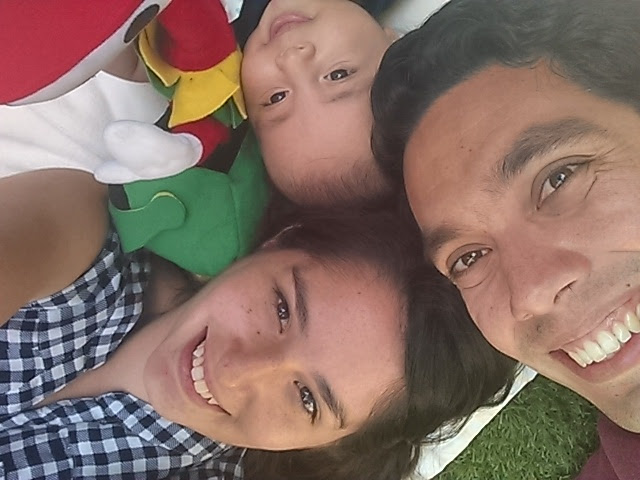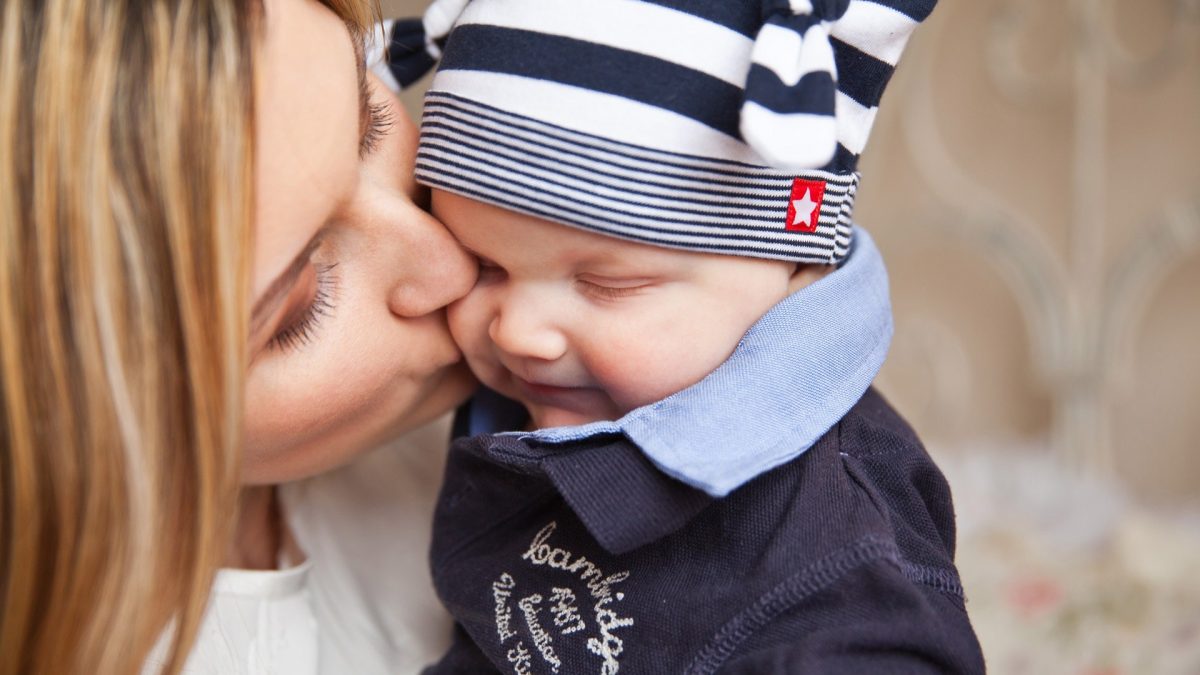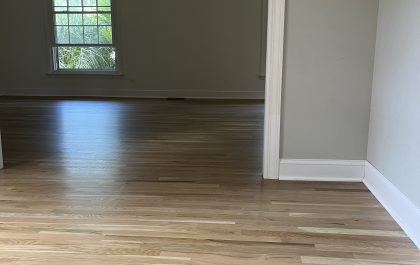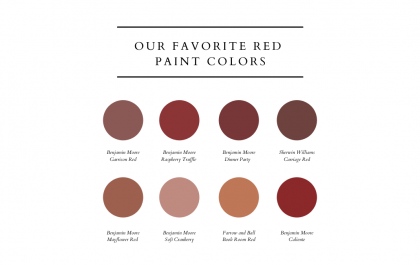I expected to have postpartum depression (PPD). Or at least, heavy baby blues. I have a history with adolescent depression and premenstrual dysphoric disorder (PMDD—think PMS on steroids), so my doctor prepared me for this. I knew to expect thoughts of worthlessness and extreme sadness, and I was prepared to face and work through them.
But I wasn’t prepared for anxiety.

This is what postpartum anxiety (PPA) can look like. It’s an invisible disorder, one that only rears its ugly head at certain times and with certain people—and usually not on social media.
This picture is now almost two years old. My son Mateo was a newborn, and I was a mess. Almost overnight I went from being a carefree second-grade teacher to what I would describe as an angry, crying, sleepless mass of anxiety. I was stuck at home with a non-interacting, always-in-danger-of-dying (in my mind) creature that refused to let me get my much-loved eight hours of sleep.
I felt like everyone was against me—no one understood how much my baby needed good sleep, and I would never be able to stick to the countless sleep schedules I found on Pinterest. I felt so, so alone even though I was surrounded by caring people. I was convinced I was failing at my single most important job in life.
I turned into a different person. I started snapping at my family members, taking comments more personally, and getting angry about things that would never have bothered me before. I would stare at the mirror, but I didn’t recognize myself. Where was I? I just wanted to go back to when it was only Joe and me, without this baby that got in the way of literally everything.
It was scary. This wasn’t how I was supposed to feel. I was supposed to feel utter joy at being a mom!
Thankfully, I have the most amazing husband who helped me through every anxiety attack, who took my worries seriously, who let me research everything about babies and at the same time told me we were OK—and who then urged me to talk to my doctor.
My doctor told me I probably had PPD and that I was exhibiting very clear signs of PPA.
He suggested medication if my symptoms got worse, but I decided to wait a bit to see what would happen. Just putting a name on it helped me brush nasty thoughts away. Knowing that it was my hormones and my head messing with me made me feel a little more normal.
With time, I learned to handle the negative thoughts more confidently. I opened up to people about my anxiety, I researched the heck out of PPA, and I went back to work to finish up the school year while my mom watched our baby during the day. Closing out the school year helped me immensely. I was able to feel like myself for a few months before I went into full stay-at-home-mom mode.
But the thing that helped the most was finally getting more sleep around four or five months. Even though Mateo wasn’t sleeping through the night yet, I realized I needed to take naps. I needed to sleep in whenever I could, and I needed to go to sleep even earlier than I was.
Some people just need more sleep than others, and I realized I NEED a lot to function well.
Once I was getting more sleep, my brain was able to function better and I had fewer anxiety attacks. Sleep deprivation, I realized, was a huge instigator for my PPA. I am now a huge proponent of healthy sleep, especially for new moms.
I am sharing this very personal part of my story in hopes of reaching another mom who may be going through this. You are not alone, and it does get better.
My advice is to listen to yourself and then go beyond that. If you feel like something is off, talk to someone who can help you. It may not be PPD or PPA, but if you are not feeling your normal self, there is always something that can help. It might be developing coping mechanisms or, if you feel crippled by anxiety, understand that it’s not your fault.
So to you, mama, if you’re struggling with PPA, know that there is hope. My symptoms didn’t last forever, and opening up and receiving support made all the difference.
Andrea De La Torre
Related posts
Recent Posts
Flooring Renovation: Asbestos Removal and Choosing the Perfect Floor Stain
We finally completed the renovation of our first-floor flooring, and like most renovations, it was a bit more involved than we initially hoped for. When we bought the house three years ago, we knew the…
Roses are red: 8 beautiful shades of a paint color you might not realize you love
Lots of us love blues, greens, whites, and greys. And if neutrals are more your thing, you might think you need to stay far away from a color like red. But we think it’s worth…





